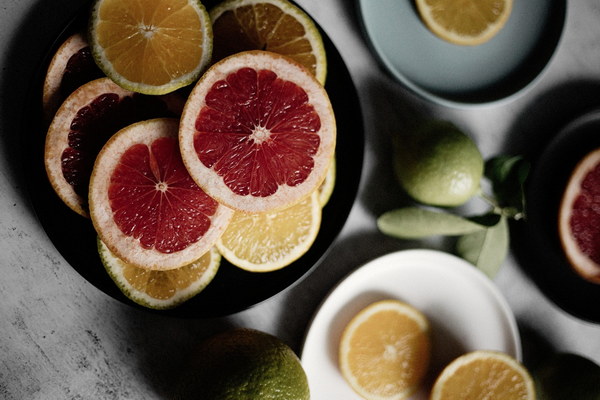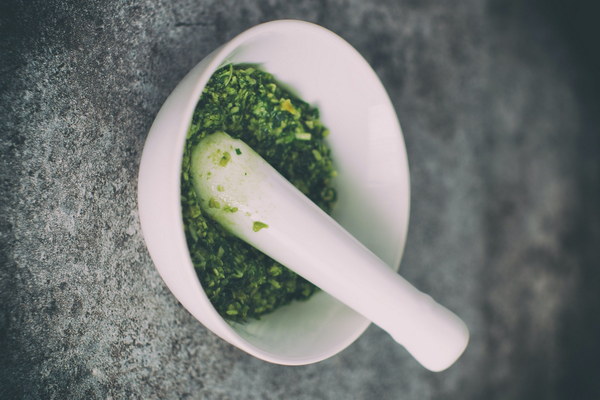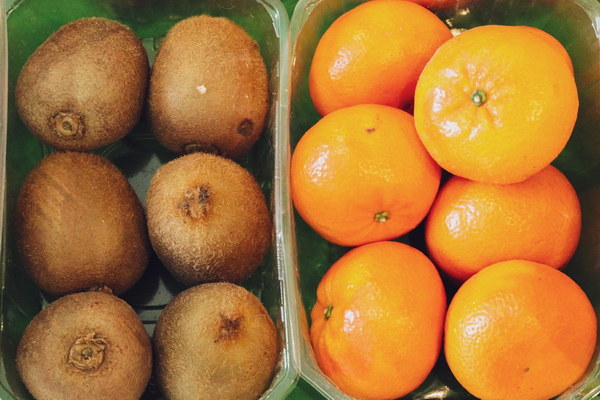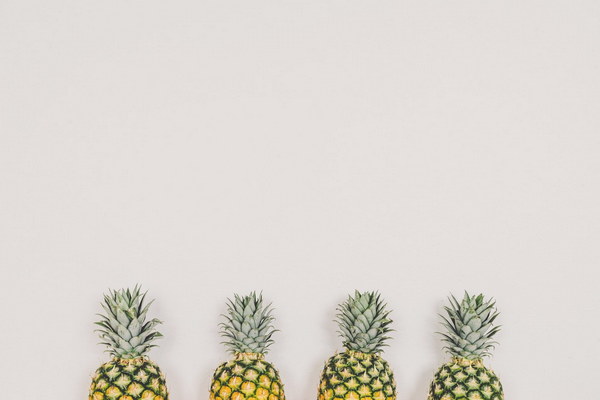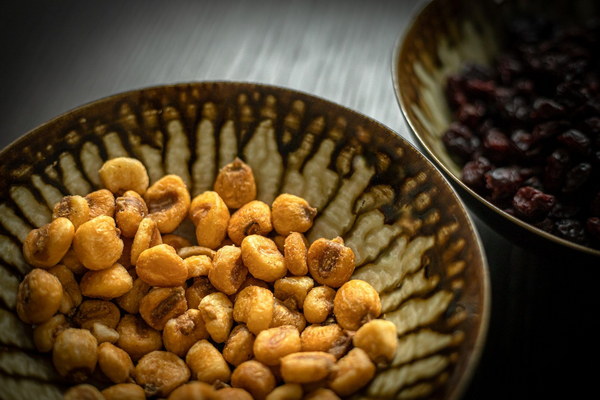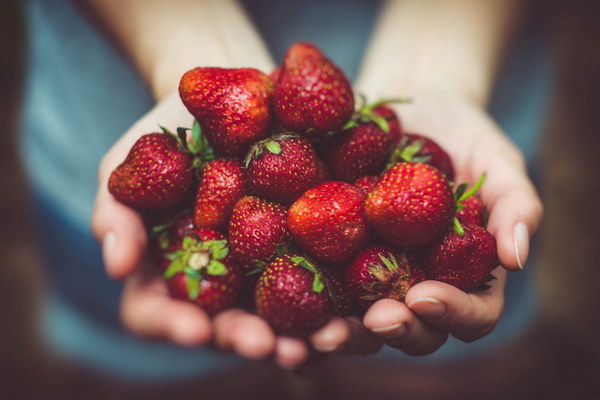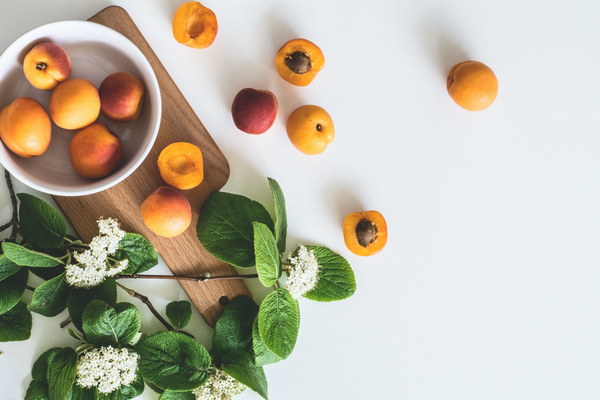The Dangers of Tonifying Wine Unveiling the Hidden Risks
In recent years, tonifying wine, also known as yaojiu in Chinese, has gained immense popularity among health-conscious individuals seeking to boost their immune system and improve overall well-being. However, beneath its seemingly harmless exterior, tonifying wine harbors a range of dangers that can pose significant risks to one's health. This article delves into the hidden risks associated with tonifying wine, highlighting its potential adverse effects on the body.
1. Excessive Alcohol Consumption
Tonifying wine, despite its name, often contains a high alcohol content, similar to traditional alcoholic beverages. Excessive alcohol consumption is linked to numerous health issues, including liver disease, heart disease, and increased risk of certain cancers. Moreover, the combination of alcohol and certain herbal ingredients in tonifying wine can exacerbate these risks, leading to severe health complications.
2. Interaction with Medications
Tonifying wine is often fortified with various herbal ingredients, such as ginseng, codonopsis, and astragalus, which are believed to enhance the body's immune system and promote overall health. However, these ingredients can interact with certain medications, leading to adverse reactions and reduced efficacy of the drugs. Individuals with pre-existing medical conditions or those taking multiple medications should exercise caution when consuming tonifying wine.
3. Side Effects of Herbal Ingredients
While many herbal ingredients in tonifying wine are believed to offer health benefits, some can cause adverse side effects when consumed in large quantities or in certain individuals. For instance, ginseng has been associated with increased blood pressure and heart rate, while codonopsis can cause gastrointestinal disturbances and dizziness. These side effects can be exacerbated when combined with alcohol, posing a significant risk to the consumer.

4. Overdose Risk
Tonifying wine is often consumed in small doses as a supplement, but the risk of overdose exists. The high alcohol content and concentrated herbal ingredients can lead to adverse reactions, especially in individuals with pre-existing health conditions or those who are sensitive to alcohol and certain herbs. Overdose can result in symptoms such as nausea, vomiting, dizziness, confusion, and in severe cases, even death.
5. Addiction and Abuse
Similar to traditional alcoholic beverages, tonifying wine can be addictive. The combination of alcohol and the perceived health benefits can lead to excessive consumption and the development of alcohol dependence. Addiction to tonifying wine can result in a range of social, psychological, and physical consequences, similar to those associated with alcoholism.
6. Misinformation and Lack of Regulation
The lack of strict regulations and oversight in the tonifying wine industry can lead to misinformation and misleading claims about the product's benefits. Consumers may be unaware of the potential risks associated with tonifying wine, leading to inappropriate use and consumption. This lack of regulation can also result in the use of substandard ingredients and production practices, further compromising the safety and efficacy of the product.
In conclusion, while tonifying wine may seem like a healthy alternative, its potential dangers should not be overlooked. The high alcohol content, interaction with medications, and adverse side effects of herbal ingredients make it a risky choice for some individuals. Consumers should exercise caution, consult with healthcare professionals, and seek well-regulated and tested products to ensure their safety and well-being.
